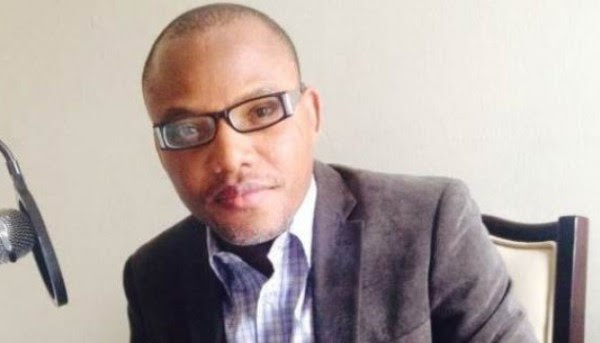Right and Wrong Ways of Choosing Leaders
It was Nikolai Gogol in his book, Diary of a Madman and Other Stories, who said that ‘sharing thoughts, feelings and experiences is one of the greatest blessings of this life’. This statement was made by a dog in a letter it sent to another dog. The madman found this letter, when he heard the dog speaking to another dog. What this dog said is the reason why I use most of my spare time these days writing. I cannot stop, this is the only thing I can do for Nigeria at this time.
Today, we know that certain things are wrong only because of the context in which they occur and others are intrinsically wrong, no matter where or when they occur or manifest themselves. However, even when things are intrinsically wrong like stealing, abusing people and murder, the context in which they occur can provide a mitigating circumstance, which influence how individuals involved in them are treated by the society.
Therefore, it is very difficult for enlightened people to find the dichotomous way that some religious and traditional minds approach life useful, hence, the expression that ‘it is complicated’ and that ‘it is difficult to look at it in black and white’.
In addition, things that are wrong only in the context in which they occur, are very divisive, hardens attitude and often fractures societies because people often see it from different and fixed positions. Take sex, for instance, it is very important for the survival of the human species, but deemed wrong only in the context in which it occurs. It is a legitimate natural human instinct, which can only be wrong in the way and manner it is gratified or expressed. It is like hunger. It is difficult to imagine any rational human being who would form the impression that it can be wrong to feel hungry, even though it would be unacceptable to steal to satisfy one’s hunger. For these natural instincts to be satisfied in ways that do not put others at risk, the society makes rules about how they should be satisfied. Society, for the same reason, makes rules on how people should be appointed into positions of authority and how they should behave while in office.
For things that are intrinsically wrong, human attitude is often also similar. No one wants something to be stolen from them and no man ever wants his mother, sister or daughter to be sexually involved with a man she is not married or consented to. These are the inconvenient truths. So like sex, which there can be right and wrong, or acceptable and unacceptable ways of satisfying, there can be right and wrong ways of appointing people into positions of authority and right and wrong ways of behaving while in office.
For a leader, it is a very important attribute to be able to have a deep understanding of life and the context in which people express their natural instincts and not to allow one’s religious convictions to be the only driving force of our attitude to others. This ability comes from enlightenment and tolerance, which gives one the ability to accept those who behave in a way one would not. A leader who is not able to demonstrate that he understands the role of context in characterisation, defining and appraising human behaviours, is unlikely to act justly to create a peaceful and equal society, where people are free to pursue happiness, their dreams and seek to achieve their potentials. It is this deep understanding of human nature, behaviour, conduct and attitude that seem to be lacking in most Nigerian and many African leaders.
Take nepotism and corruption, for instance. They are two evils which are intrinsically wrong like stealing and murder. They have no inherent redeeming features and the context in which they occur do not alter their evilness, even when there are mitigating circumstances for their existence. These two evils are at the heart of the Nigerian problem. Another feature of the Nigerian quagmire, which plays no small part in the current rot, is the instance of incumbents of political positions to decide who succeeds them. This is also another difference between Nigeria and many western democracies. It is this evil that has ensured that Nigerians have been unable to elect people into political offices on the basis of merit and competence. Even the appointment of ministers is rarely done on merit in Nigeria.
*Published in the Daily Times newspaper dated Tuesday, January 6, 2015








